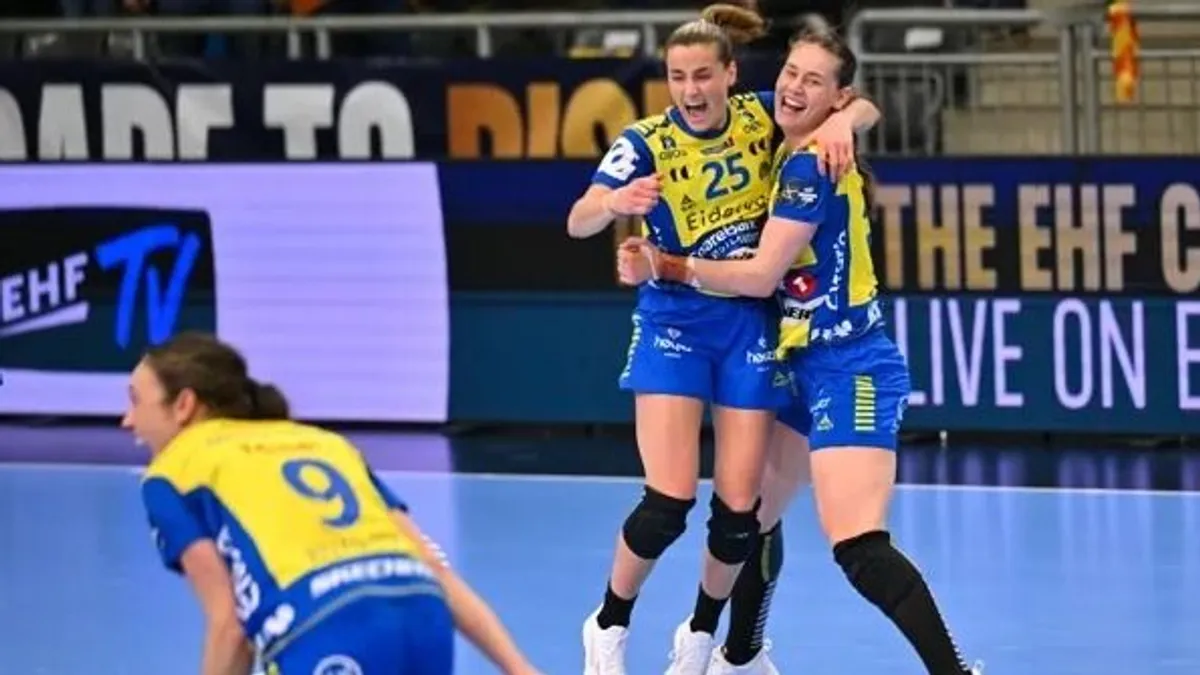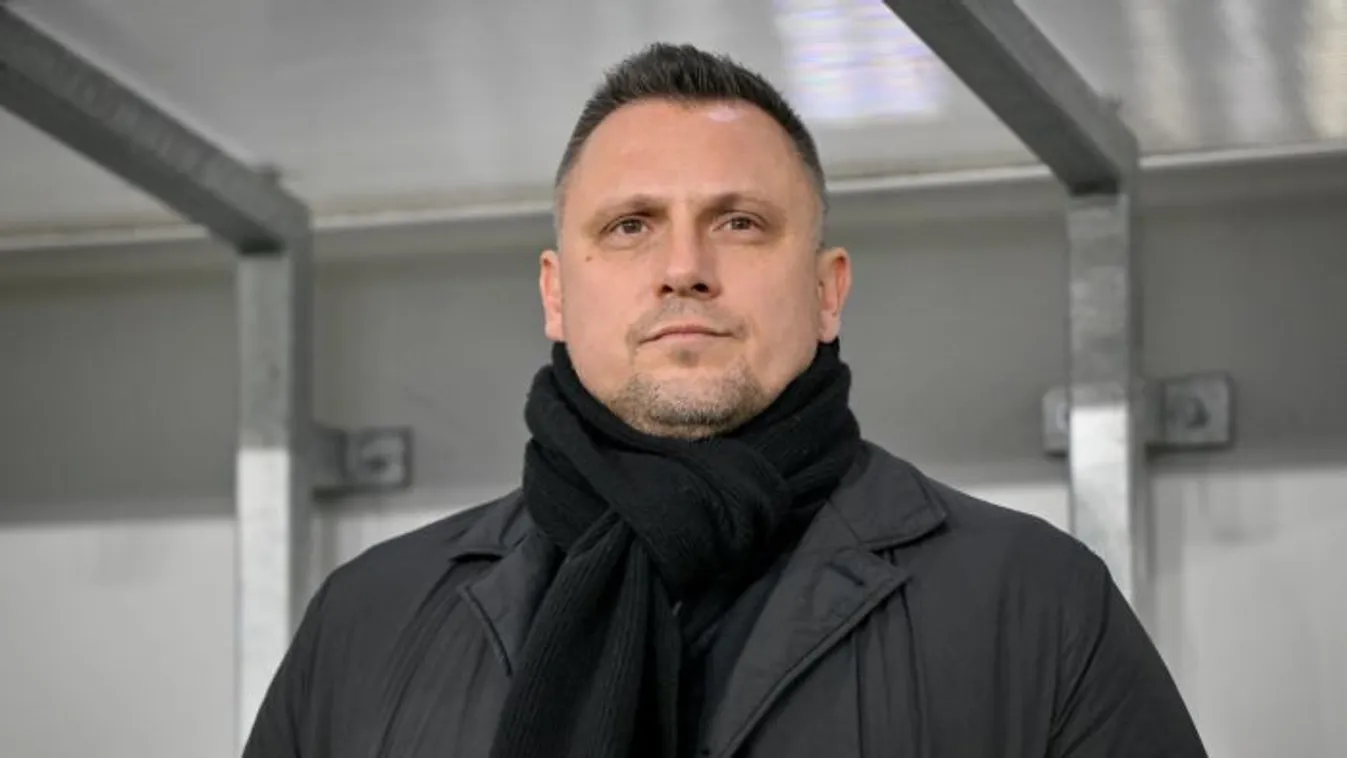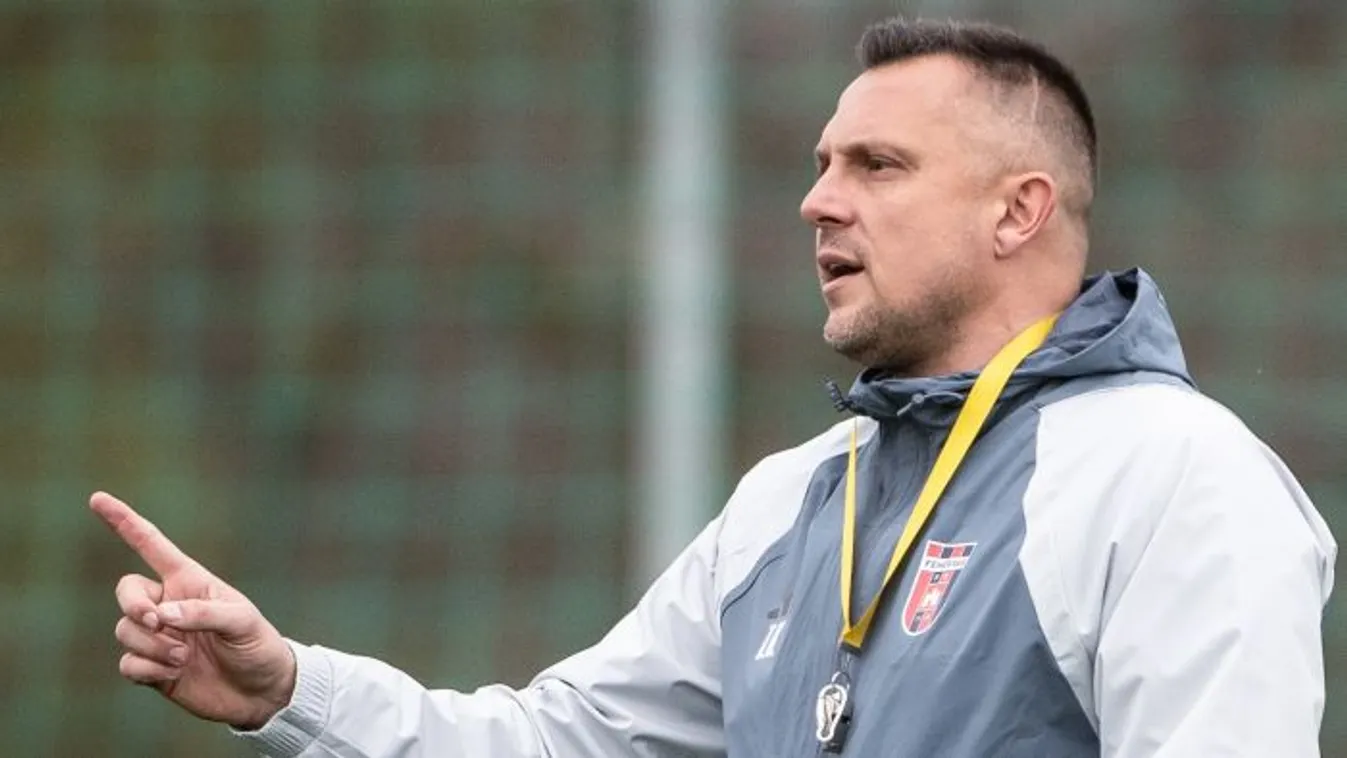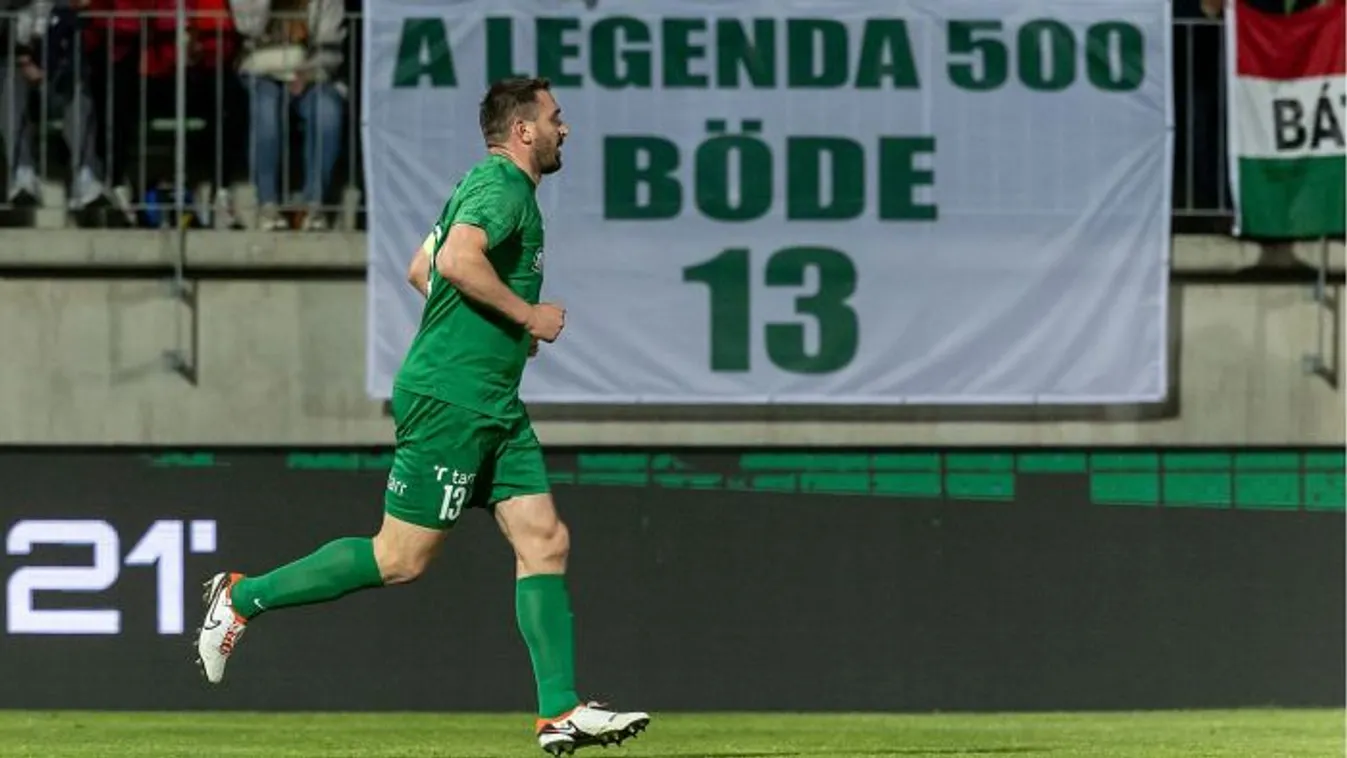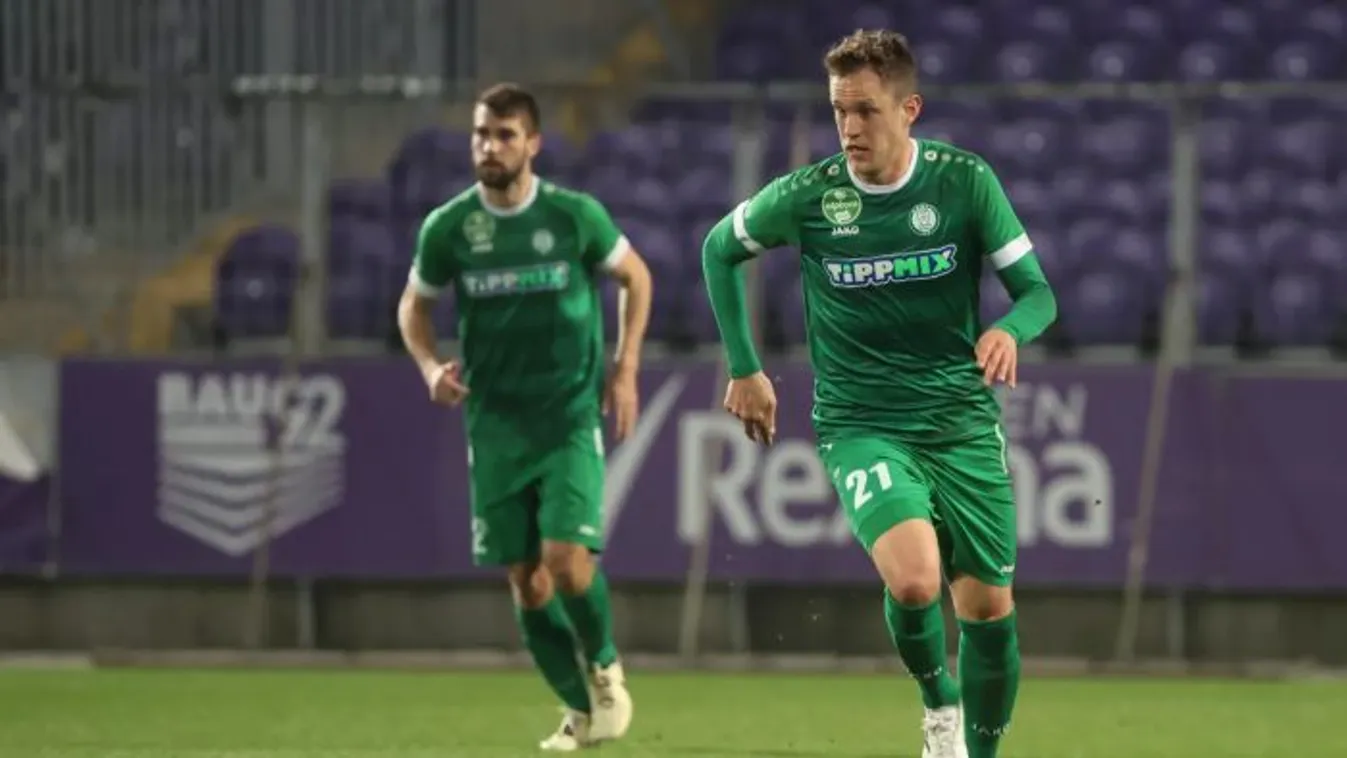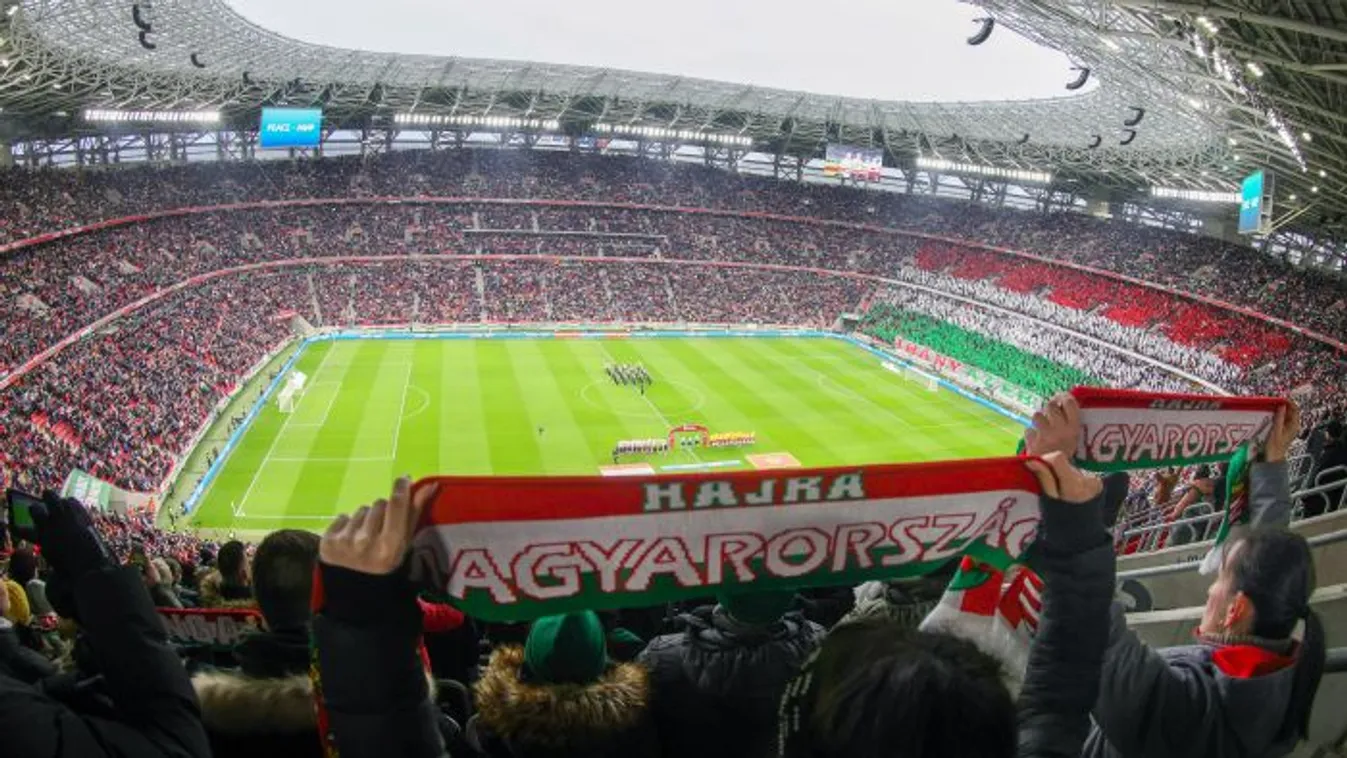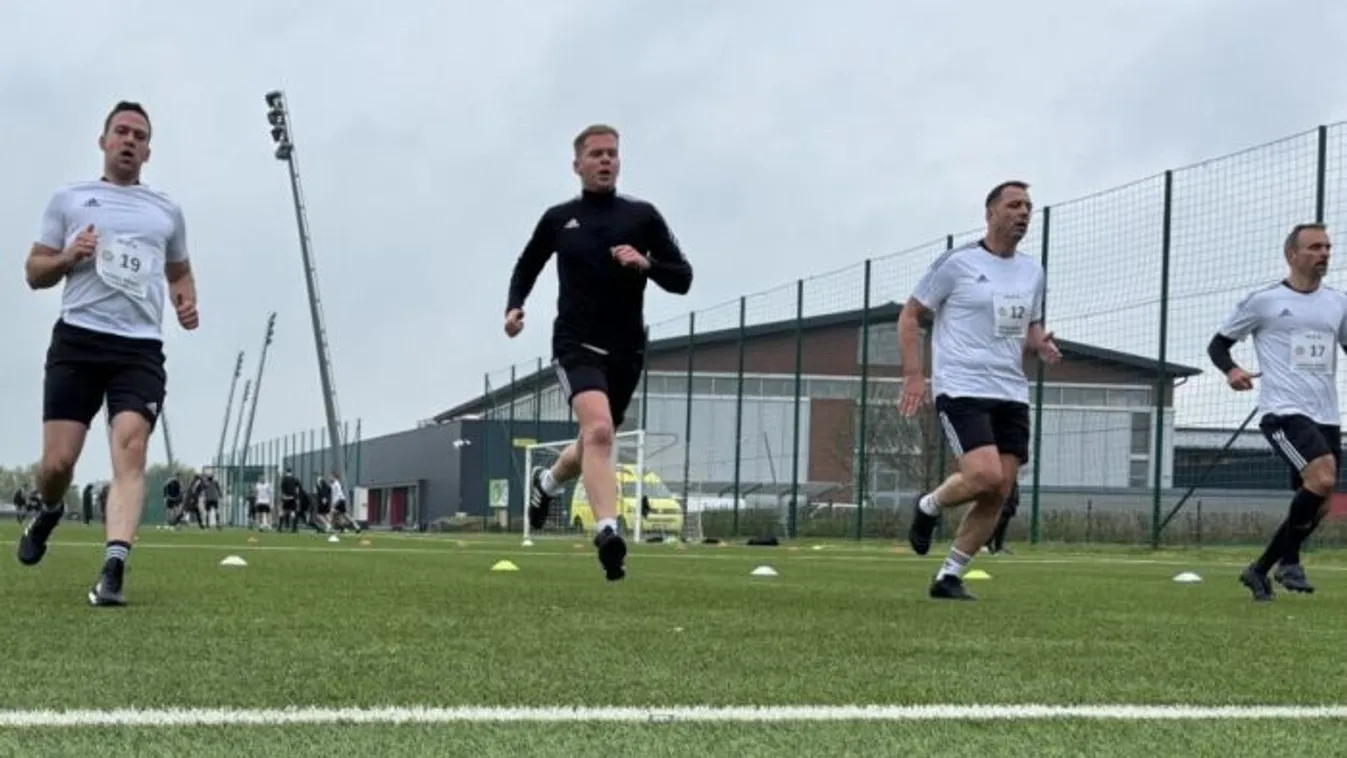Sándor Csányi: Maybe we won't have to wait another ten years for more success
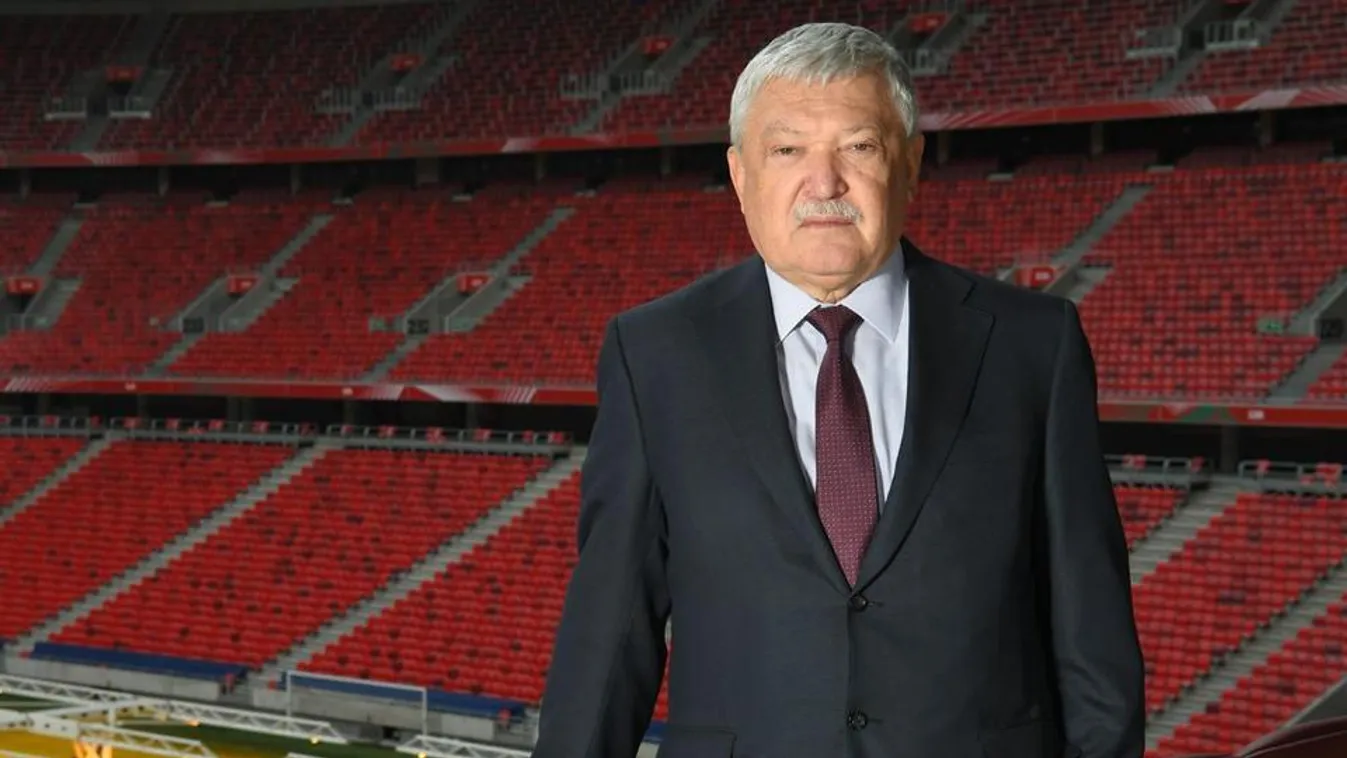
Sándor Csányi, President of the Hungarian Football Federation (MLSZ), hosted a press conference with several experts from major news portals, including the Editor-in-Chief of Nemzeti Sport. The occasion was inevitably a summary not only of the past year, which was very successful for Hungarian football, but also of his ten-year presidency at MLSZ.
HE LIKED THE FIRST SPEECH OF SZALAI
Quite a few interviews with the President of MLSZ from the 2010s began with explaining the importance of infrastructure development, player growth, renewal of the organization and international sports diplomacy. Then the conversation reached to the point where it was discussed that the success of Hungarian clubs and the national team leave much to be desired, and surely the spectators won't return to the stands either anytime soon... A few years ago, on such occasion, Sándor Csányi remarked with astringent self-irony that the decrease in the number of spectators had stopped, as there was nowhere else to decrease to... we now can say we've reached the same number of spectators of foreign top leagues since neither there nor here do we have fans on the tribunes. But this time there was no need for comforting self-irony, and in fact, the president was quite restrained when he stated:
“We just got to the point where maybe our ten-year job fructifies. Maybe we won't have to wait another ten years for more success.”
Regardless the fact that the Hungarian national team made it to the European Championships four years ago also, the atmosphere of success now is different somehow. Sándor Csányi told a story he had hoped that foreign club would be interested in the Hungarian players, but it didn't happen in 2016. Now, however, the president of one of the biggest European clubs called him personally asking which young Hungarian footballer they should have their eyes on. (Since Hungary's entrance to the European Championships, Dominik Szoboszlai has become the most expensive Hungarian footballer of all time at 20 million Euros, but a number of talented young footballers played in the successful fall season, and according to the President, there are more and more positions where multiple players can apply for.) Well, in fact, for example, after the 8-1 defeat in the Netherlands in 2013, it wasn't a grateful task to be the president of the federation. However, same as with OTP Bank, which was rather outdated in 1992 when he took over the company, and his agricultural companies, the president of the Football Federation in 2010 believed that even the work invested in Hungarian football seems futile in the first few years, it will pay off later.

Indeed, in the period between Ádám Szalai's public outburst following the collapse in Amsterdam and his locker room speech published by MLSZ in 2020, a lot has changed in the sport.
“I consider Ádám a strong character, a positive personality who motivates his teammates well on the field and in the locker room,” the sports leader praised the team captain of the national team. "He was also right when he criticized the domestic situation of the sport at that time, thus helping MLSZ to have a stronger moral foundation to impose stricter requirements on the teams."
BUDAPEST DOESN'T HAVE ENOUGH FIELDS
During the year-end press conference - which took place after Sándor Csányi himself suffered from the coronavirus infection with pneumonia but with relatively mild symptoms - before summarizing the results of the past year and a decade, the President of the Hungarian Football Federation emphasized the government's role in reforming football in the country because "if there was no financial support from the state, of course Hungarian football wouldn't be here.” As he said, the ten-year program for the renovation of the facility system was perhaps even more fulfilled as the stadiums and tracks were renewed at practically all levels, from the national stadium, the Puskás Arena (hosting this press conference) to the fields of Hungarian League I, II, III teams, as well as the sports facilities in small villages have been renovated. There are only a few constructions left to complete in the near future.
“Although stadium constructions have received a lot of criticism from the public considering the amount of money spent on them was too much, I have to underline that what was spent on these constructions in the past ten years should've been spent for the same purpose in the last forty years. That's why the catching up seems to cost a lot.”
And while he hears nothing but how much stadium there are, the President directly knows from his sons that it's difficult to find a free field to play football in the capital.
“Whenever we've handed over a field in recent years, it immediately became busy, and teams can hardly book a time to play and train, especially in Budapest.”

Well, yes, it was Péter Csillag's series of reports titled “Hátsó füves” or “Backyard Goals” in Nemzeti Sport that pointed out the asymmetry that although 25 percent of certified footballers live in the capital, only seven percent of the stadiums are here, while in the countryside there are often not enough young people in the village to form adult and youth teams in one club. However, under current rules, adults can only enter the National Leagues if they have youth teams as well. This rule seemed an appropriate incentive as long as small associations had to be persuaded to deal with adolescents and youth, but it's nonsense that if there are simply not enough children, then adults cannot play either. So, there's still a lot of problems to be solved in Hungarian football, but Sándor Csányi told the plans of the Hungarian Football Federation about the above mentioned two concerns.
“If there is still work to be done in the infrastructure development, it will be in the capital and in the most disadvantaged regions. In the capital, the high real estate prices and the lack of land will hinder the construction of the new fields. In addition, we would mainly support investments and new technological solutions that reduce maintenance costs in the long run. In regard to the situation in the countryside, where there are other problems, we plan to allow those clubs to play in the League that, through no fault of their own, simply cannot set up a youth team. So that organized football shouldn't disappear from any region.”
At the same time, he added that in general the clubs and the Federation are financially stable. MLSZ has an annual budget of 40 billion HUF, and has accumulated a fund of 10 billion HUF for unexpected expenses. The annual budget mainly just follows through the Federation from corporate tax funds and contractual benefits (television royalties and the sponsorship of Szerencsejáték Zrt.) before reaching the clubs. (At the press conference, we learned that because of the pandemic, more matches were broadcast on TV, and it attracted more viewers. Channel M4 Sport's new internet broadcasts have already presented over ten thousand new viewers per match while the domestic volume of sports betting has multiplied in recent years which is rising further during the pandemic. In other words, the market aspects of Hungarian football often seem to prevail, not to mention the billions of Forints coming from UEFA through the success of the FTC and the national team.)
EVERY HUNGARIAN IS NEEDED
The number of teams in the Hungarian Football Federation's national competition system has increased by five thousand in ten years, which of course means an increase in the number of players by about one hundred thousand, which the head of the association is also proud of. To our question that the government also sees transborder Hungarian communities as an important resource of footballers, for example, Norbert Könyves' (Serbian-Hungarian) winning goal against Serbia, Sándor Csányi said that although the Football Federation had been late in paying attention to transborder Hungarian talents, "the system for knowing all Hungarian talent has not been established." Today the professional co-operation with the football academies across the borders and the Hungarian government is excellent and continuous. This is all thanks to Puskás Academy, which brings this work together.
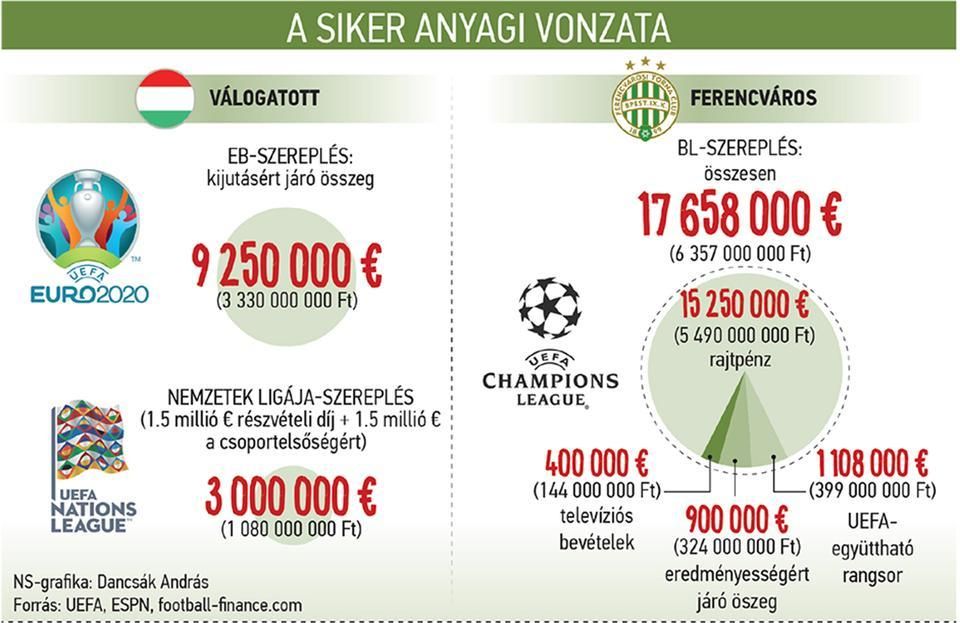
"I also hope that the new FIFA rule, according to which someone who has already been a youth national team member in one country can play in another country's senior national team, will help us with naturalization more,” said Sándor Csányi, who, as FIFA vice-president, had personal success in sports diplomacy in relation to the rule change. That's how Loic Nego, who earned Hungary's first goal against Iceland in the qualifiers, could play in a Hungarian jersey.
And since it's the Puskás Academy. A recent change, which Prime Minister Viktor Orbán, the founder of the Puskás Academy, spoke about in his December interview with Nemzeti Sport, is that the funding for national youth centers, or sports academies, is provided directly by the central budget as a kind of quality assurance not interfering with the professional work. Well, Sándor Csányi doesn't see a problem in this system because, on the one hand, “he who pays the piper calls the tune,” and thus happily gets more resources for the youth training supervised by the Football Federation, and on the other hand because “the academies participate in the competition system of the Hungarian Football Federation, meet the professional requirements of the federation, and cooperate with them.”
Regarding the general opinion that there are not enough talents coming out from the academies compared to the money spent on them, Sándor Csányi - without refuting this opinion - considered it important to say that the Hungarian players should be more appreciated by the clubs also because of the amounts spent on them. And even so, according to him, the academies train more talents than coaches actually build into the professional teams.
“Remember what good players the Puskás Academy deployed when its foreign footballers couldn't play in the fall because of the pandemic? And how well did the team perform with them?”
The well-known goal of the president of the Hungarian Football Federation is to include as many Hungarian footballers as possible instead of foreigners in the National Leagues I and II (NB I and NB II) teams, but the possibilities of the Federation in regulating this are finite, and as he said, the clubs and coaches have some right to refer to that in the 12-team championships, they feel threatened by the constant horror of relegation, and they don't dare to risk more by using young players. No less true is the compulsion for teams, such as Ferencváros, to score at international events. Sándor Csányi is proud of the team and considers them important for Hungarian football. However, he didn't fail to note that his happiness would be even greater if at least half of the players playing in “Fradi” would be Hungarian.

“As the head of OTP Bank, which sponsors Vasas and has its headquarters in District XIII of Budapest, for example, I stipulated that we will only support the Angyalföld or “Angel land” (a neighborhood in District XIII) club until a foreign player plays in the team's colors. We won't change this condition even if Vasas gets to a higher league.”
He also believes that more and more Hungarian footballers will earn more and more Hungarian coach's trust in professional clubs domestically.
To increase the number of the National League (NB I) members is not on the agenda at the moment at the Federation, but it may come when creating the new five-year professional program which is being delayed because of the virus situation.
“However, even if we make changes that are not yet under particular pressure for the Hungarian Football Federation, we will only make sure that the new rule cannot be changed for five years. So, we need to be careful with such step. At the moment, I find the downsizing of NB II a bit more realistic, but we won't change anything without thorough preparation and knowledge of the opinions of the clubs.”
Sándor Csányi sees that FIFA has been fighting for decades in the matter of excessive agency commissions, which are considered to be the cause of many professional and financial problems in football. Perhaps the elimination of the negative effects of the Bosman ruling and the EU's recognition on the special situation of football could be a solution. Sándor Csányi explained that "the relationship between UEFA and the European Commission is obviously good; it can give hope."
When asked whether the financial problems of the biggest clubs, caused by the pandemic, could bring a balance between poorer and richer clubs, Sándor Csányi expressed his doubts, while confirming his earlier opinion that it could be a competitive advantage, for example, in transfers as Hungarian football was hit by the crisis after its significant development, and finding the clubs in a stable financial situation.
“Perhaps this can already be measured by the fact that NB I footballers are being invited to more foreign national teams, and has less interest in transferring abroad.”
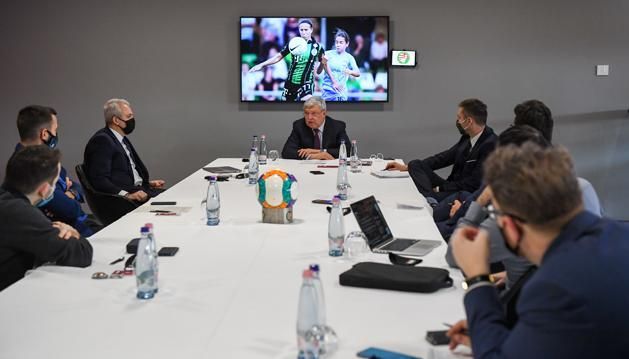
VETERANS ARE NOT LEFT BEHIND
Of course, we've mentioned the aspiration of newspapers and internet portals Nemzeti Sport, Origo and Magyar Nemzet since last year, according to which active footballers should show greater solidarity towards those who, through no fault of their own, find themselves in a difficult, often unworthy situation after their career. There is a great lack of a players' trade union or special pension fund in Hungarian professional football, which can be found in most Western European leagues, and the best former footballers and coaches are also stuck outside the state annuity system of Olympic medalists.
“In addition to the fact that the Hungarian Football Federation has been already paying the proceeds of disciplinary penalties to its foundation for supporting former players, we are working on further ways to express solidarity either through an institutionalized solution for the entire league or by somehow helping the multiple-national team players.”
Sándor Csányi announced that if the coronavirus doesn't make it impossible to continue education, starting from the next league in June, a video referee will be present at the OTP Bank League.
“According to our plans, only clubs that can provide the conditions for this can get a competition license. It's important also because of the international employment of our referees need to practice how to use the VAR (video assistant referee),” said the sports leader adding that the general domestic standard of refereeing is not below the general European level.
Of course, most fans are interested in whether spectators will be allowed at the spring championship matches, and perhaps more importantly, how filled the stands at the European Championship matches will be in Puskás Aréna. Sándor Csányi reported that UEFA was planning a decision on the matter in March, but he was confident that any decision would be made, later, if the situation improved, the current restrictions could be further eased. As he said, based on his current knowledge, he doesn't consider it likely that the derby of Újpest-Ferencváros on February 3rd will allow any spectators. But he considers it downright inconceivable that there will be no fans at the European Championship.
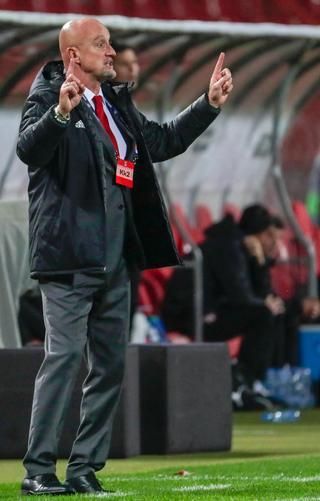
“My heart was also broken when, two days before the match against Iceland, the government forbade us to let spectators in. But we accept the opinion of health professionals, we are not even trying to put pressure on the decision-makers,” said the President, who is confident that they will be able to let spectators into the stands as soon as possible, and then the recent slow increase in spectators can continue. The president of the 120-year-old Hungarian Football Federation, which is one of the oldest football associations in the world, is optimistic about the chances at the World Cup qualifiers and the European Championship group matches. It would be especially important to defeat Poland in the World Cup, and at the previous tournament, although Hungary got difficult opponents, they didn't burnout in 2016 either.
“The Portuguese are no better now than when we played a draw of 3-3 with them, as they won the European Championships at that time,” the football leader said with a smile. "On the other hand, I feel the Hungarian national team is moving forward now..."
In light of this, it's not surprising that the President and management of the Hungarian Football Federation are satisfied with Marco Rossi's performance who was elected as The Coach of the Year based on the votes by the Hungarian Sports Journalists' Association.
“We will renew his contract as soon as we agree on the conditions for future collaboration,” said Sándor Csányi.
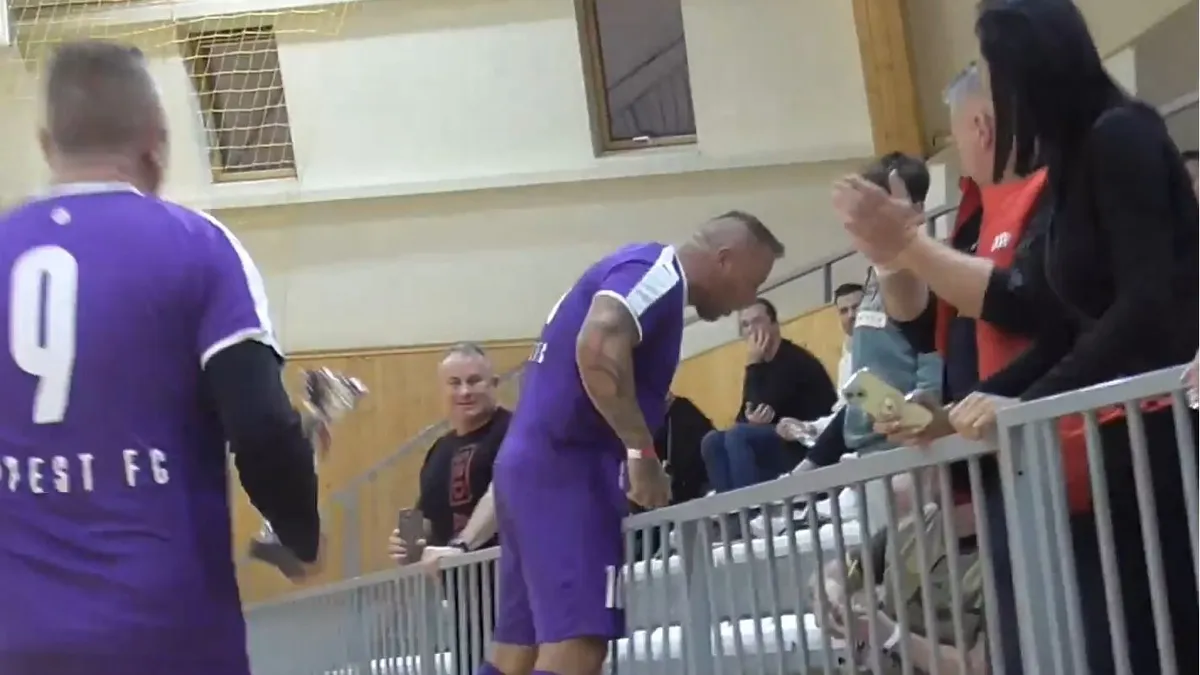
Curtis pofonvágta az őt gyalázó szurkolót a lelátón

Az MU egyszer találta el a kaput, de egy szerencsés góllal így is nyert
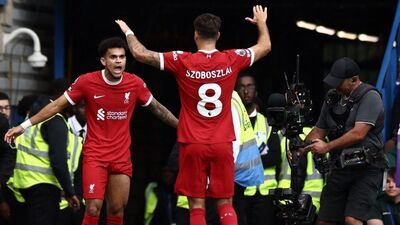
Ez nem hiányzott: Szoboszlai Dominik még egy világsztár miatt aggódhat!

Milliárdokért árulja luxusotthonát az olimpiai bajnok

Villámgyors finomság – az 5 legjobb tejbegrízrecept
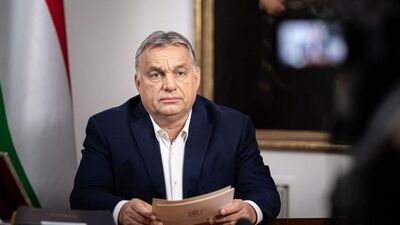
Orbán Viktor elutazik, ezen a helyen magyar kormányfő még nem járt
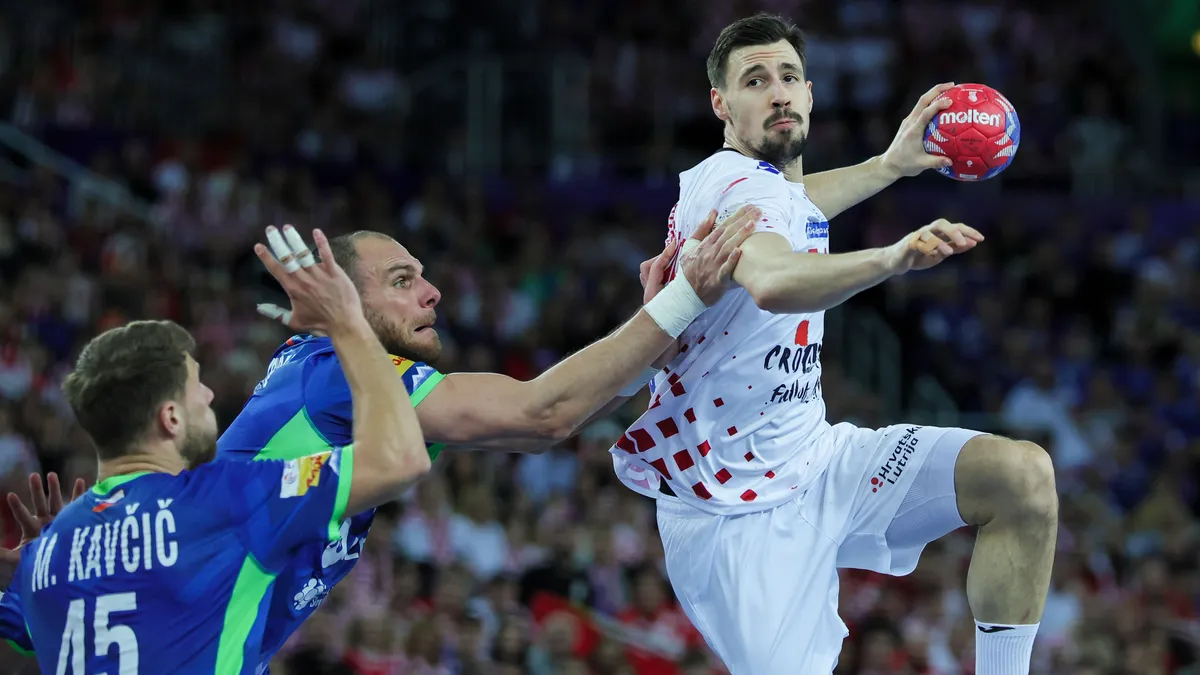
A szlovénokat legyőző Horvátország lesz a mieink negyeddöntős ellenfele kedden 18 órakor a kézi-vb-n
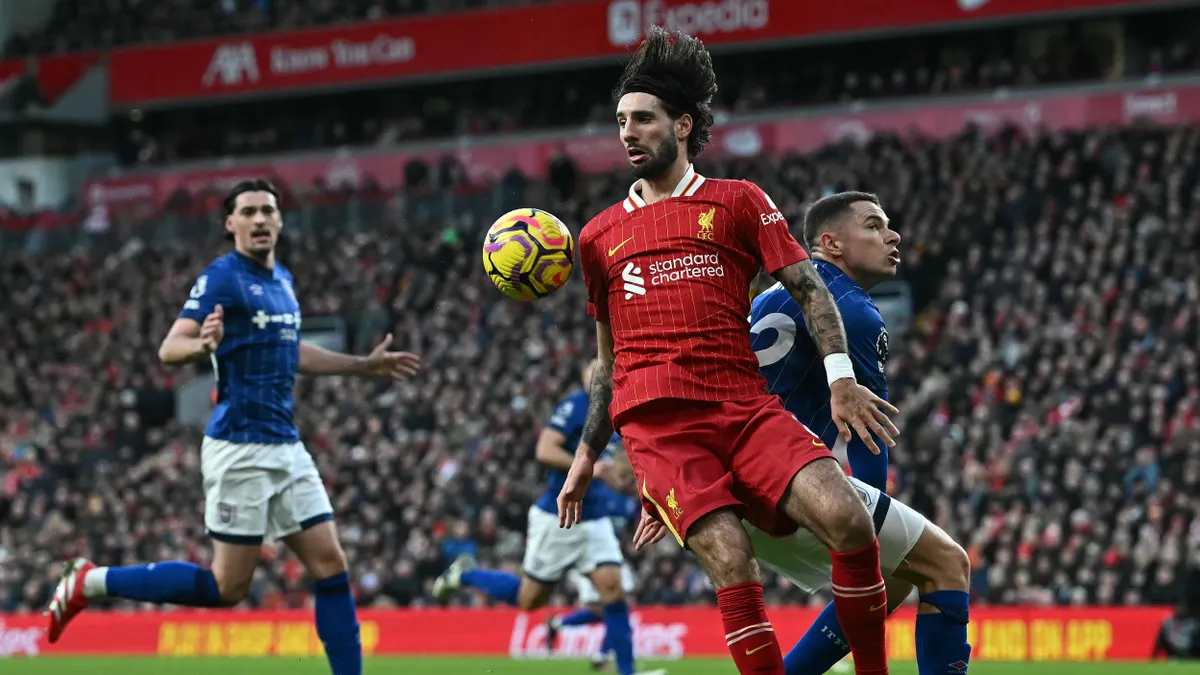
Szoboszlai szenzációs passzán ámul a világ - videó

A Chiefs újabb drámai meccsen nyert a Bills ellen – triplázás kapujában a Kansas City!
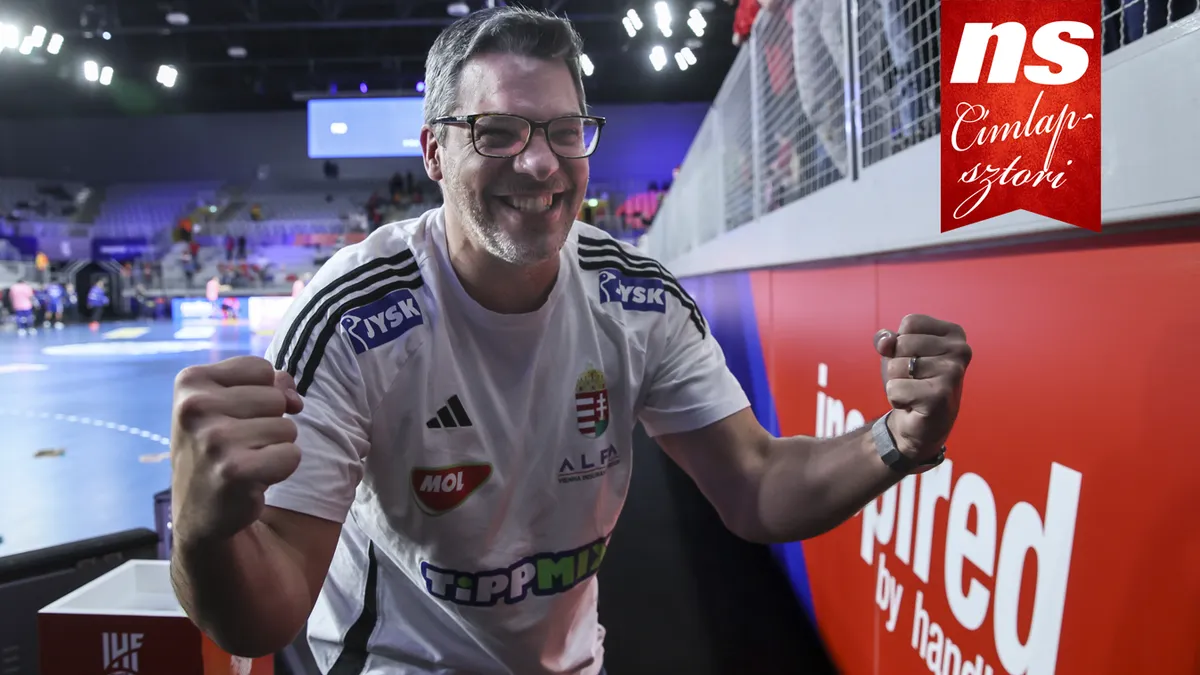
Chema Rodríguez: Óriási dolog, hogy sorozatban harmadszor ott vagyunk a nyolc között
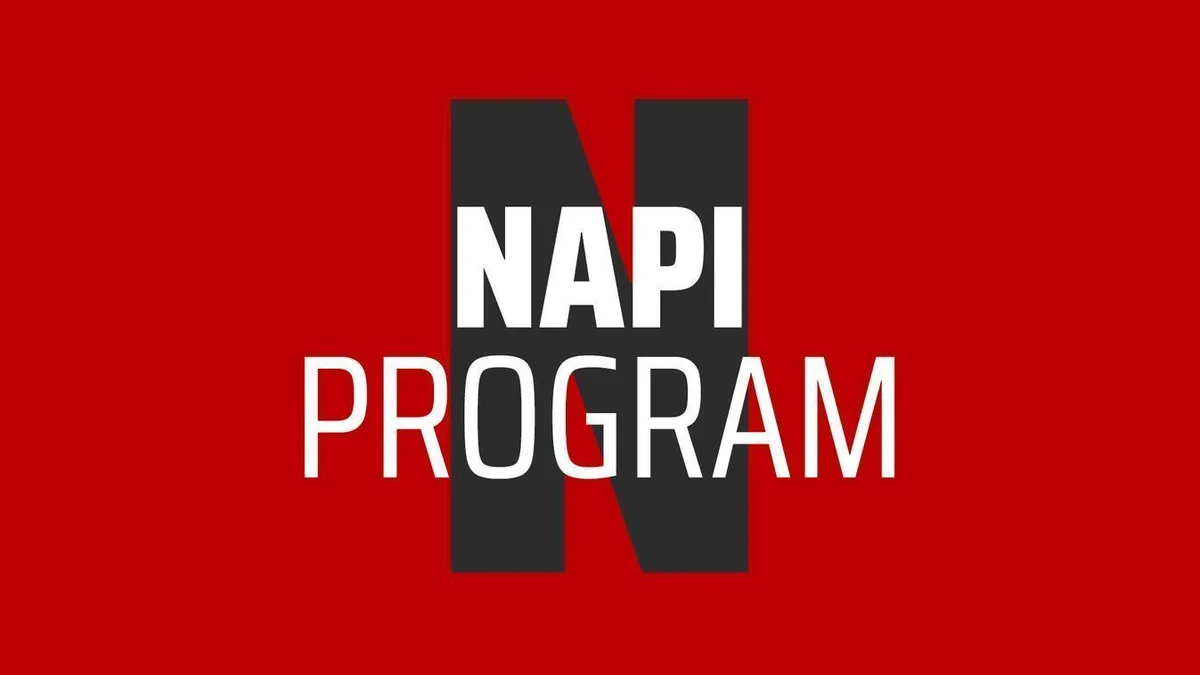
Hétfői sportműsor: olasz, spanyol és angol futball, magyar futsal
